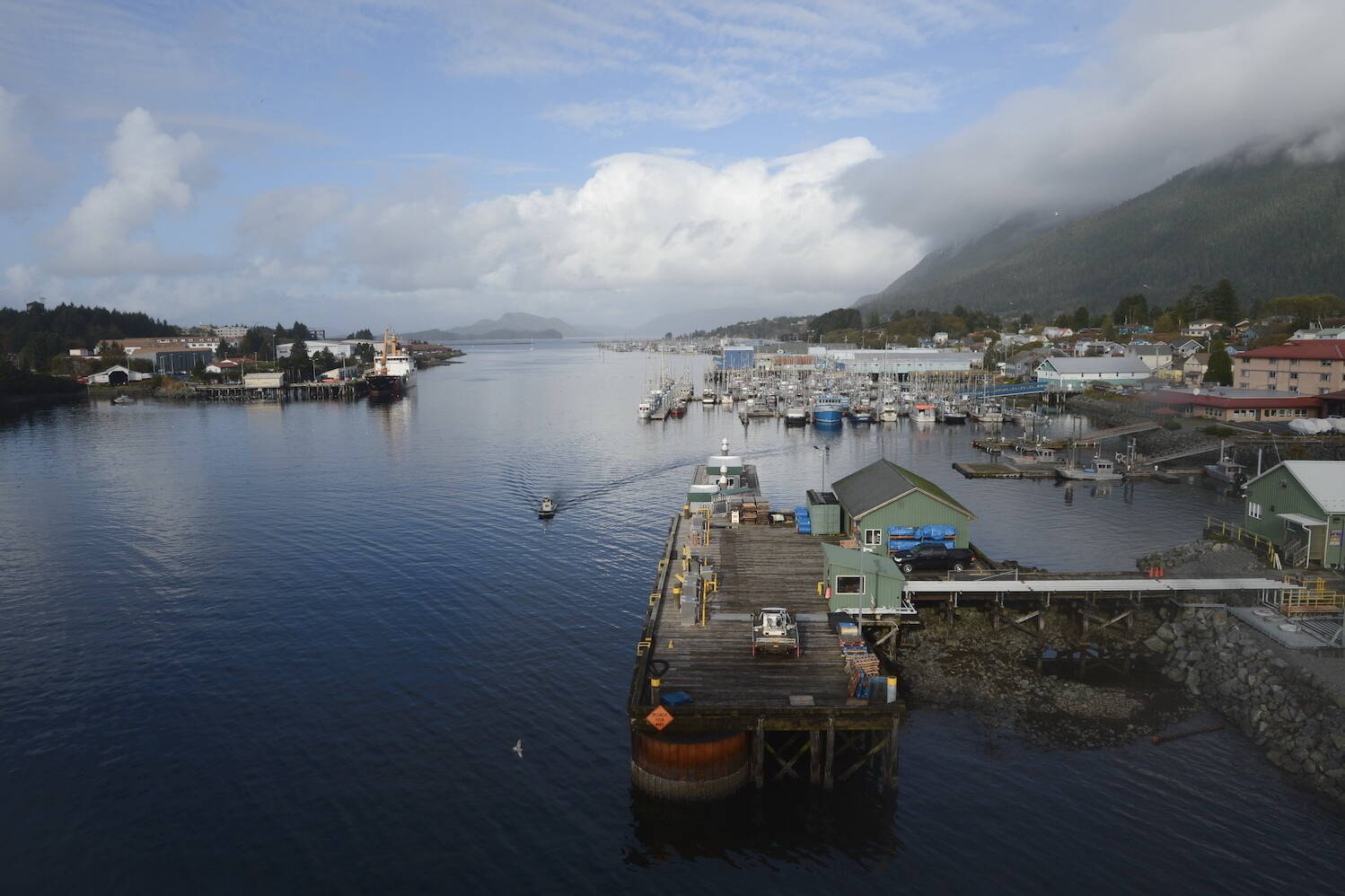Six Southeast Alaska communities are getting renewed wastewater discharge permits that require better controls of bacteria flowing into the receiving waters, the U.S. Environmental Protection Agency announced on Thursday.
The communities – Haines, Skagway, Sitka, Wrangell, Ketchikan and Peterburg – must make improvements to reduce what are deemed to be overly high levels of fecal coliform and enterococcus bacteria that are being discharged into marine waters, under terms of the renewed permits
The Haines, Skagway, Sitka and Wrangell permits were issued on Thursday, while the Ketchikan and Petersburg permits are expected to be issued in early 2025.
Draft permits for the communities were issued in 2022 and 2023.
The six communities are among a small number of municipalities in the United States that are allowed to perform only the most rudimentary treatment when discharging wastewater. They have that exemption because they discharge into marine waters, according to the EPA.
That level of treatment, called primary treatment, involves the screening of floating solids. Most communities in the nation use at least secondary treatment for wastewater, which employs biological and chemical processes to remove more solids. And many communities involve tertiary treatment, which employs more sophisticated technology to clean wastewater.
There are only 24 communities in the United States that are allowed waivers from the Clean Water Act’s requirement of at least secondary treatment of wastewater, according to the EPA. Nine of those communities are in Alaska, according to the agency. Those exemptions are allowed only for systems that discharge into saltwater environments, according to the agency.
Among the six Southeast communities getting renewed permits, some do use forms of disinfection as well as the basic screening of solids, but that disinfection is not consistent, according to the EPA.
The updated wastewater discharge permits for the six communities are written to accommodate state water quality standards that were tightened in 2017. Those state standards concern bacteria levels in waters used for recreation and subsistence food-gathering.
The communities have five years to make the necessary improvements to meet those tighter state standards, under the permits’ terms.
Getting to that point will require capital investment, the EPA said in a statement. Low-interest loans for such investments are available through Alaska Department of Environmental Conservation’s State Revolving Fund Program.
The permits, which have mandates tailored to specific communities, require periodic testing of the marine environment into which the treated wastewater flows. That includes surveys of the seafloor environment and the marine life in it, such as local populations of sunflower sea stars, which are considered imperiled because of a widespread disease. The new permits also require notices advising people against consuming shellfish harvested within mixing zones, which are the designated areas where discharged effluent is intended to be diluted.
• Yereth Rosen came to Alaska in 1987 to work for the Anchorage Times. She has reported for Reuters, for the Alaska Dispatch News, for Arctic Today and for other organizations. She covers environmental issues, energy, climate change, natural resources, economic and business news, health, science and Arctic concerns. This article originally appeared online at alaskabeacon.com. Alaska Beacon, an affiliate of States Newsroom, is an independent, nonpartisan news organization focused on connecting Alaskans to their state government.

